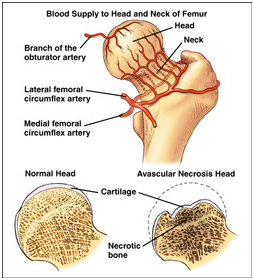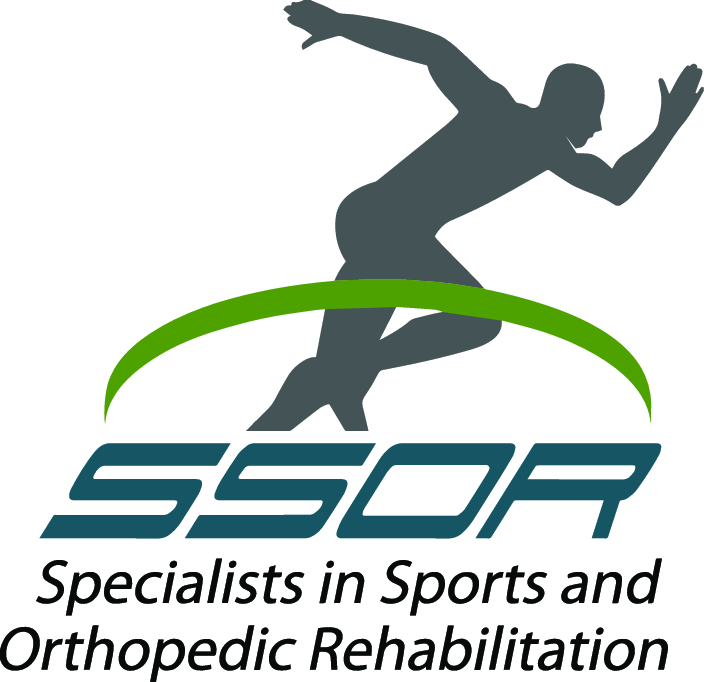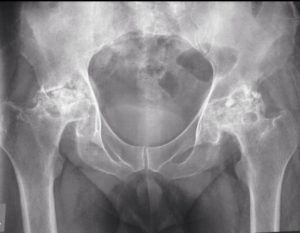Avascular Necrosis: Another Cause of Hip Pain
Note: SSOR wants to thank Dr. Scott Wingerter of Dickson-Diveley Orthopaedics for this guest post on avascular necrosis. SSOR firmly believes collaborative efforts between physician and physical therapist is integral to continuity of care and the maximization of outcomes. Learn more about Dr. Wingerter here, or call (913)319-7600 to make an appointment. Thanks again Dr. Wingerter!
There are many sources of hip pain beyond the typical arthritis that most of our patients know about. One disease, avascular necrosis (AVN), most commonly affects the hip joint, and can cause pain and other disorders to develop. AVN can affect the “average Joe” and even elite athletes like Bo Jackson.
What is Avascular Necrosis (AVN)?
Avascular necrosis, also known as osteonecrosis or aseptic necrosis, is a condition where the blood flow to an area of bone is compromised. It can occur in multiple areas in the body, but the most common site is in the femoral head (ball of the hip joint). The loss of blood flow leads to death (necrosis) of portions of the femoral head. The bone weakens after it dies, and can collapse over time.


What causes AVN?
In some cases, there is an identifiable risk factor or cause of AVN, but it may occur without any obvious reason (idiopathic). The most common risk factors include:
- Steroids
- Alcohol
- Sickle cell disease
- Trauma
What are the symptoms of AVN?
AVN is often without symptoms early on, but when they occur, the common symptoms of AVN are similar to arthritis and can include:
- Pain, often in the groin or buttock
- Stiffness of the hip joint
What are the treatment options for AVN?
Depending on multiple contributing factors, AVN can be treated with or without surgery. Conservative (non-operative) treatment can include:
- Observation
- Restricted weight bearing
- Anti-inflammatory medications
- Bisphosphonates
Surgical treatment is dependent on the extent of the disease and can include:
- Core decompression
- Hip replacement
There have been advancements in the treatment of AVN when caught early. The key to avoiding hip replacement is identifying AVN before there is collapse of the bone. Core decompression can be performed with the addition of bone marrow aspirate injection with the hopes of stimulating new blood vessels to form within the area of necrotic bone. This has led to increased success rates compared to core decompression alone.
Tags: avascular necrosis, Dickson-Diveley Orthopaedics, hip pain, Kansas City, Overland Park, Physical Therapy, prairie village, SSOR Physical Therapy

